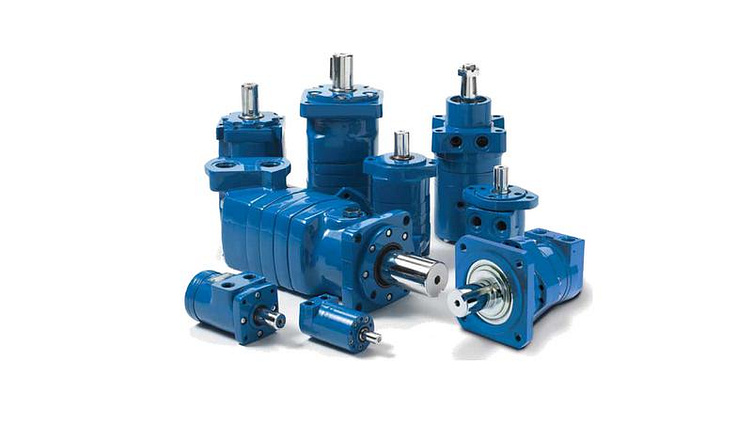Buy Best Price Hydraulic Pumps
A hydraulic pump is a mechanical device that converts mechanical power into hydraulic energy. It is used to generate the flow of hydraulic fluid in a hydraulic system, which in turn creates the force needed to move or operate various hydraulic equipment and machinery.
Hydraulic pumps are used in a wide range of applications, including construction machinery, manufacturing equipment, automotive systems, and aircraft systems. They can be powered by electric motors, internal combustion engines, or other sources of mechanical power.
There are several different types of hydraulic pumps, including gear pumps, vane pumps, piston pumps, and screw pumps. Gear pumps are the most commonly used type of hydraulic pump and work by using gears to move fluid through the system. Vane pumps use a rotating vane to create the fluid flow, while piston pumps use reciprocating pistons to generate pressure. Screw pumps, on the other hand, use a screw or helical rotor to create flow.
The selection of a hydraulic pump depends on several factors, including the required flow rate, pressure, and power, as well as the type of hydraulic fluid used and the application in which the pump will be used. Proper maintenance and care are essential to ensure the longevity and reliability of hydraulic pumps.
Advantages of hydraulic pumps:
High power density: Hydraulic pumps can provide a lot of power in a small package size, making them suitable for applications where space is limited.
High efficiency: Hydraulic pumps can achieve high efficiencies when properly designed and maintained, resulting in lower energy consumption and operating costs.
Variable speed control: Hydraulic pumps can be easily controlled to provide variable flow rates and pressures, which allows for precise control of hydraulic equipment.
High durability: Hydraulic pumps are designed to operate in harsh environments and can withstand high pressures and temperatures.
Low maintenance: Hydraulic pumps require minimal maintenance and can operate for long periods without the need for frequent servicing.
Disadvantages of hydraulic pumps:
Potential for leaks: Hydraulic pumps are pressurized systems that can develop leaks if not properly designed and maintained, which can result in fluid loss and potential environmental hazards.
Complexity: Hydraulic systems can be complex and require a certain level of expertise to design and maintain.
Contamination: Hydraulic fluid contamination can cause damage to pumps and other hydraulic components, leading to premature wear and failure.
High noise levels: Hydraulic pumps can produce high noise levels during operation, which can be a concern in some applications.
Cost: Hydraulic pumps can be more expensive than other types of pumps, especially if high precision or high power is required.




